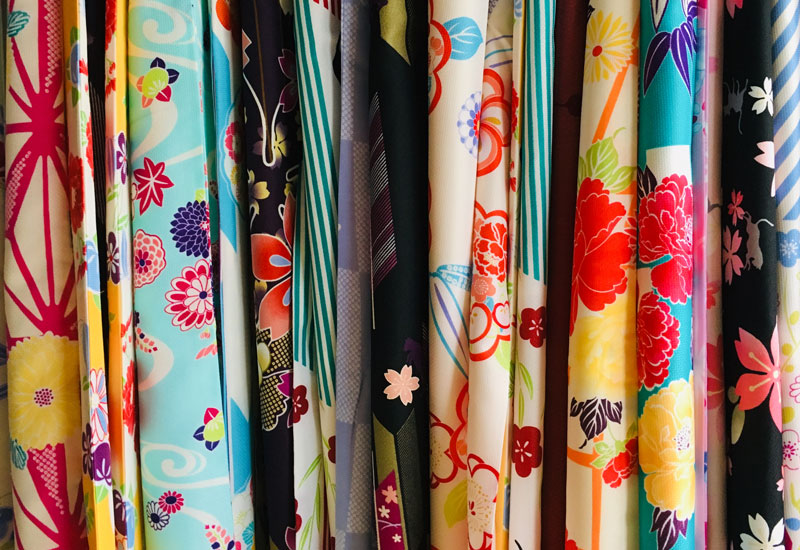Get the right experience for you. Please select your location and investor type.
IMPORTANT NEWS: Transition of investment management responsibilities
First Sentier Group, the global asset management organisation, has announced a strategic transition of Stewart Investors' investment management responsibilities to its affiliate investment team, FSSA Investment Managers, effective Friday, 14 November close of business EST.

Quarterly Client Update: Fourth Quarter 2025
The information provided on this webpage does not constitute any investment advice or recommendation with regards to any investment product/services.





